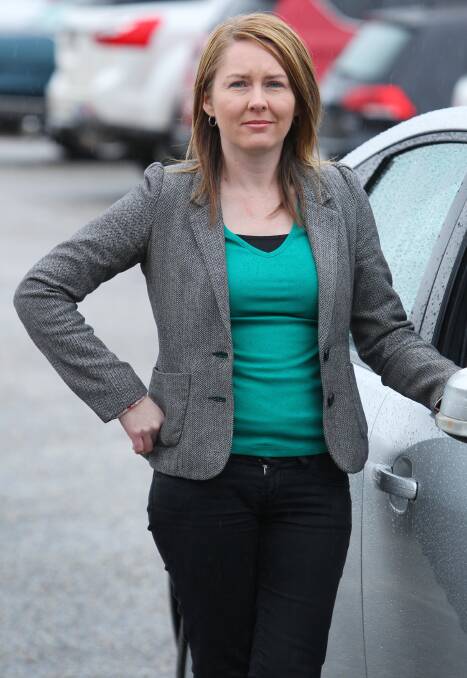
A BORDER legal service is fighting for motorists hit by a NSW drink-driving law which puts them off the road because they're Victorian.
Subscribe now for unlimited access.
$0/
(min cost $0)
or signup to continue reading
Changes since February mean drink-drivers caught in NSW, who have a high-range alcohol level or are repeat offenders, are forced to have an interlock device in their vehicle.
But the law fails to address Victorian drivers, who cannot meet NSW residency requirements, leaving them off the road.
Hume Riverina Community Legal Service principal lawyer Sarah Rodgers said it was an unjust situation.
"We're concerned about it, because we think it is unfair and has a disproportionate effect on Victorian drivers on the border in particular,” Ms Rodgers said.
"We did a survey on how often people are driving across the border and that identified 47 per cent of people crossed the border between NSW and Victoria seven or more times a week."
Ms Rodgers said the service had sought pro bono advice from a barrister about the interlock law and had also met with member for Albury Greg Aplin to discuss the matter.
She also plans to talk to Cross Border Commissioner James McTavish and other MPs in a bid to allow Victorian drivers equal access to the interlock provision.
"We're hopeful it will be resolved because often when there's legislation cross border issues end up being an oversight," Ms Rodgers said.
"There needs to be a change to the legislation and we need the two road authorities (VicRoads and Roads and Maritime) to work together – that's what we think could solve the problem."
Ms Rodgers said as the legislation was applied more frequently she expected it would be "an issue we'll see again and again".
However, she anticipated any movement would not be short term with an amendment to legislation taking months or years.
Mr McTavish said he was not familiar with the detail of the anomaly and would have to examine it before offering an opinion.
However, he said motoring-related differences between states, such as learner and probationary licence variations, were matters that were regularly raised.
"It is something our people are looking at and particularly with harmonising where possible,” Mr McTavish said.
Mr Aplin was on leave and unavailable for comment.
Ms Rodgers said the survey done by the service involved nearly 100 people and asked for their views about matters related to legal needs.
In addition to traffic, other concerns centred on intervention orders and access to legal programs.

